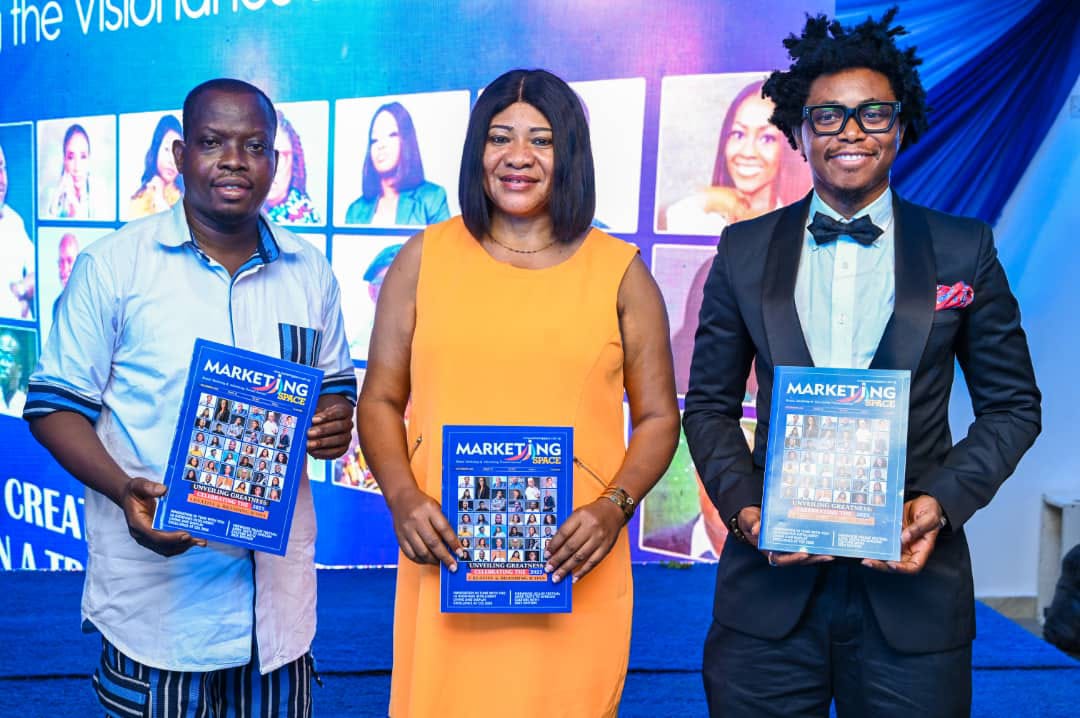Executive Director, Media Rights Agenda (MRA), Edetaen Ojo, has expressed concern over Nigerian Guild of Editors’ (NGE) decision to suspend a member, Steve Osuji, for violating the ‘off the record’ provision in the Code of Ethics for Journalists.
Recall NGE, in a press statement, by the President, Eze Anaba, stated there was an agreement that the keynote address delivered by the Director-General of the Department of State Services (DSS), Adeola Oluwatosin Ajayi, at its 25th Biennial National Convention in Enugu, was off-the-record and not for publication.
The Guild added despite announcement of this agreement, “a senior journalist and member of the Guild, Steve Osuji, published an article based on the presentation on his social media platforms, breaching our Code of Ethics on confidentiality.”
Speaking with The Guardian in Lagos, Ojo said, “I found the decision of the NGE to suspend Osuji for professional misconduct quite bizarre. Firstly, I am not sure what procedures were followed before that decision to suspend him was arrived at and if he was given an opportunity to defend himself on charges of professional misconduct before the Guild suspended him.”
Given the time between the publication of his commentary on the issue and the announcement of the decision of the NGE, Ojo noted it is apparent proper adjudication could not have taken place, which raises serious questions about fair hearing in the process.
To him, an equally important question is whether, on the substance of the issue, there has been a breach of ethical standards by Mr. Osuji resulting in professional misconduct.
Saying he did not believe, so, he made reference to relevant portion of the Revised Code of Ethics for Nigerian Journalists (2022) Article 7.0 on “Sources/Privilege/Non-Disclosure”.
Citing Article 7.1, he stated, “sources are important to good journalism, and they are expected to be identified to give authenticity to the journalist’s work. However, in special cases, the identity of sources is concealed” while Article 7.2 provides that “A journalist should observe the universally accepted principle of confidentiality and not disclose the identity of sources who provide information in confidence for such a breach may imperil the sources’ safety or close doors of future cooperation, with grave consequences for the public interest.”
The Nigerian Code of Ethics, he insisted, does not specifically mention “off the record” but refers to the “universally accepted principle of confidentiality”, which is where “off the record” is relevant.
Speaking further, he argued, “off the record” does not automatically guarantee confidentiality. For a journalist to be held in breach; there must first be an agreement between the journalist and source that what is being said is off the record. The source must first request that the information is “off the record” before disclosing it and the journalist must also agree to this request. So, prior agreement is imperative. If a source says something first, then asks afterwards that it should be off the record, the universal principle and practice is that it is up to the journalist to decide whether to agree or to honor that request. He or she is not bound to.”
In addition, Ojo added once there is an “off the record” agreement between the journalist and the source, a breach of that agreement would amount to an ethical violation and professional misconduct. But that agreement must be reached before the information is provided.
Off the record is not a magic phrase that automatically prevents a journalist from publishing. It is an agreement that a journalist should reach with a source requesting it and not an agreement reached between a third party and the source that is then automatically binding on the journalist who was not a party to the agreement and did not agree to be bound by it.
“Although the Guild claims that there was an agreement, it has provided no information about where and how the agreement was reached and whether Mr Osuji agreed to it. Mr Osuji’s account is that the compere at the conference, which had about 400 editors in attendance, merely announced that the Director-General of the DSS did not want his keynote address reported. This, in my view, cannot constitute an “off the record” agreement. The reason that there is a requirement that an agreement is reached in advance of the information being provided is so that if the source cannot get the assurance that confidentiality is agreed, he or she can refrain from providing the information.”






